The increasing levels of pollution in the world and the never ending usage of nonbiodegradable materials means we are slowly but surely inching towards an impending doom. The need to recycle everything we use is the call of the day, and probably no one understands the crisis better than Nargis Latif. She is just an ordinary woman living in Karachi, Pakistan with extraordinary determination to tackle the crisis of pollution.
It all began in the 1960s when Nargis got caught in fisticuffs with people over burning of the trash outside her apartment. She finally managed to get the burning spot moved, but unlike most of the people, she wasn’t selfish to stop just there. She wanted to reduce the burning of things like plastic bags, cardboard etc. altogether; thus she started a non-governmental organisation called Gul Bahao.
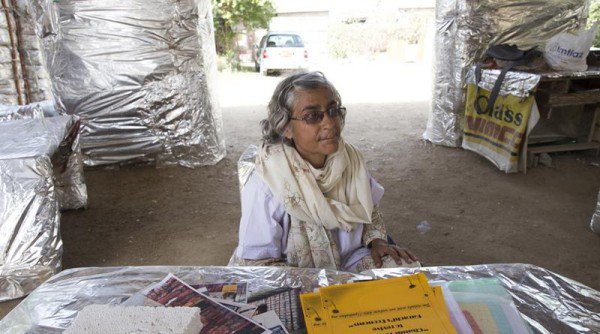
Gul Bahao’s main objective was to raise awareness about the need to recycle and conserve our usage of plastic and other nonbiodegradable materials. But it didn’t stop there; Nargis also developed an ingenious technique of building cheap housing for the poor of Karachi out of blocks of dry waste.
In an interview Nargis said, “I talked to hundreds of Kabarias (junk dealers) to bring me back paper, cardboard, shopping bags, plastic, glass and metal. I paid them good money and that is when the mentality changed. Until then, Kabarias were only interested in buying old home appliances like radios and clocks.”
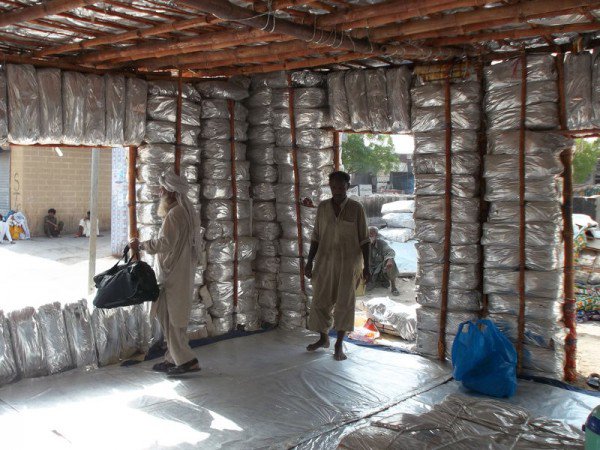
She created an entire network of Kabarias that eventually started to fetch a whole lot of useful items which she used to create stuff like furniture, eco toilets etc. Back then, securing the funds for these operations was a huge challenge. “It was not easy,” Nargis recalls. “I had to beg, borrow and steal. I borrowed from moneylenders at superlative rates. But the results have been fantastic.”
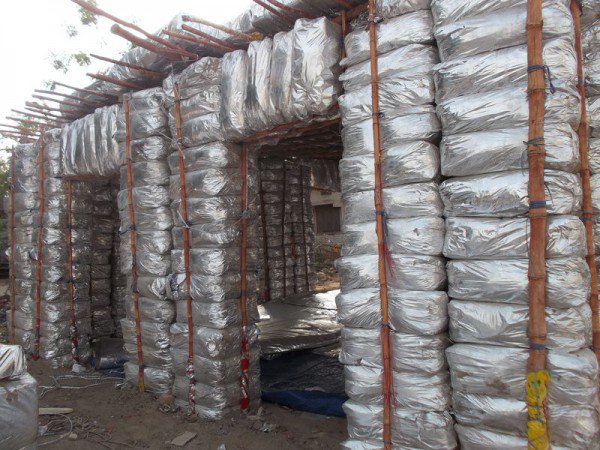
The 2005 earthquake hit in Pakistan left thousands of houses dismantled and most of the infrastructure in the affected areas totally destroyed. Nargis’ NGO supplied waste blocks ingeniously made from shopping bags, which were then used to build sturdy shelters in the areas of distress. The houses she builds are named Chandi Ghars (silver homes), much due to their glowing appearance. Even after the disaster Gul Bahao has raised over 150 such homes around the country, mainly in the drought and poverty stricken areas of Tharparkar district.
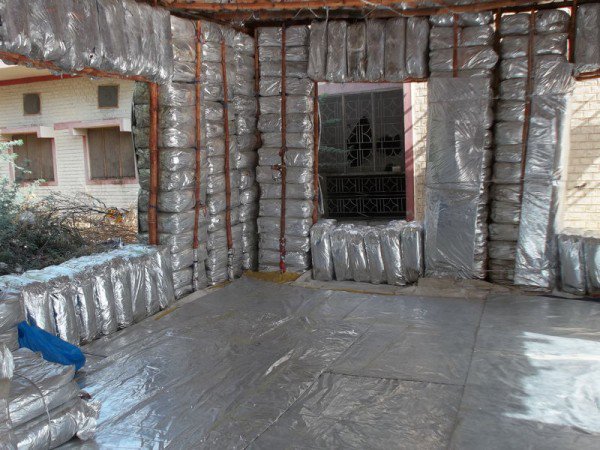
There was a time when Gul Bahao had over 70 people working, but now due to the lack of funds her NGO has only 7 left. Nargis herself is in her 60s, and with over 12,000 pounds of trash generated every day in Karachi, these few hands can only do so much.
Other than the financial matters, changing the perception of people is also an issue. “People say this is made of garbage, and we don’t want to live in or sit on garbage. But this is clean material, especially the plastic. It’s difficult to remove that thinking and perception.”
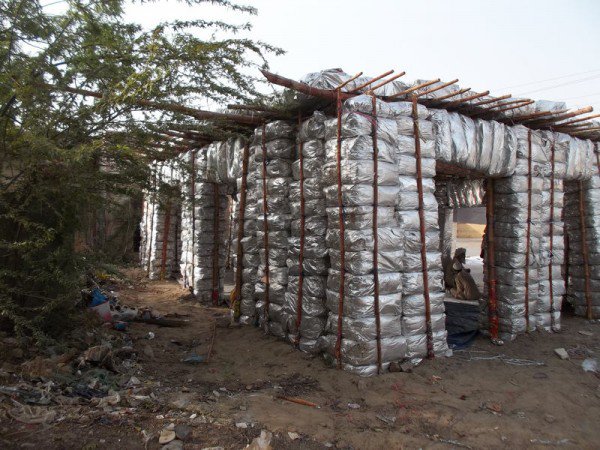
Nargis continues to strive towards her dream of seeing Karachi and eventually the world as a cleaner and more sustainable place to live regardless of the challenges she faces.
For more information and donations you can visit the NGO’s website here.


